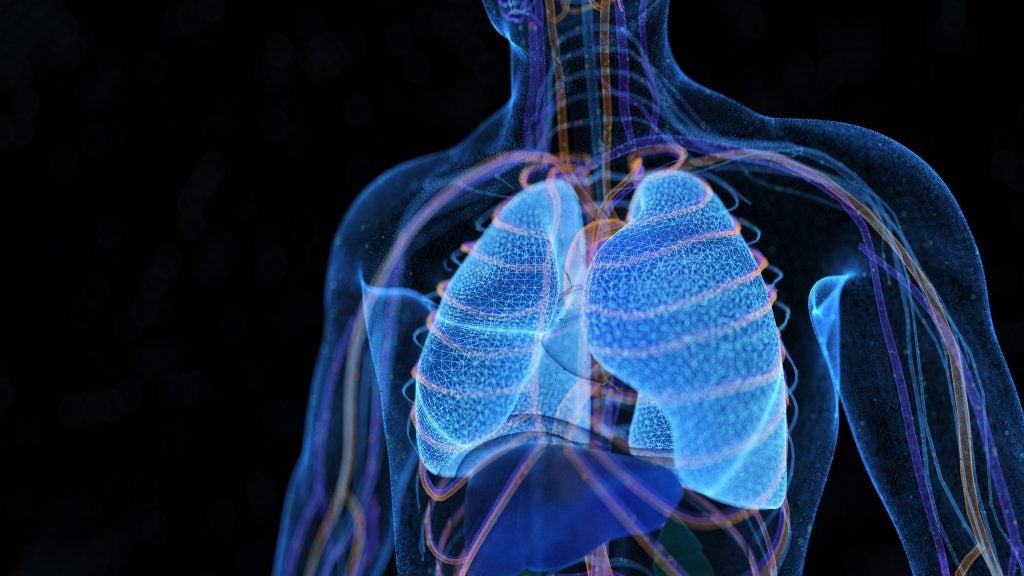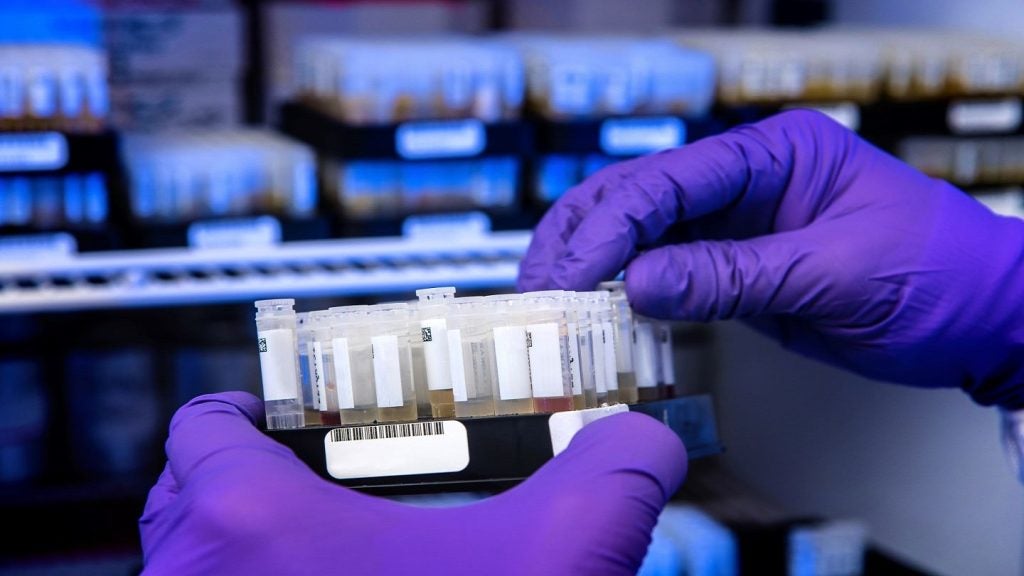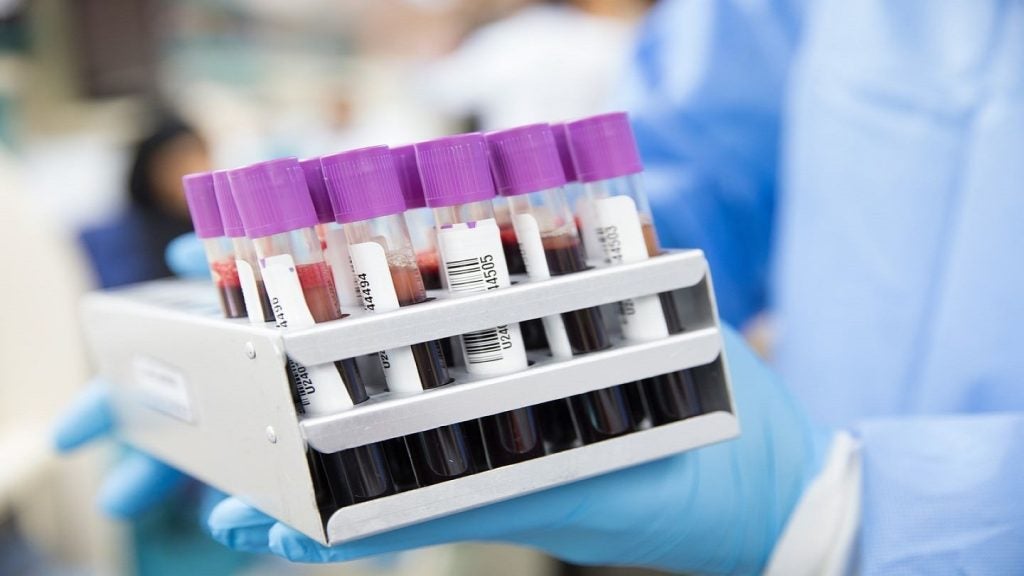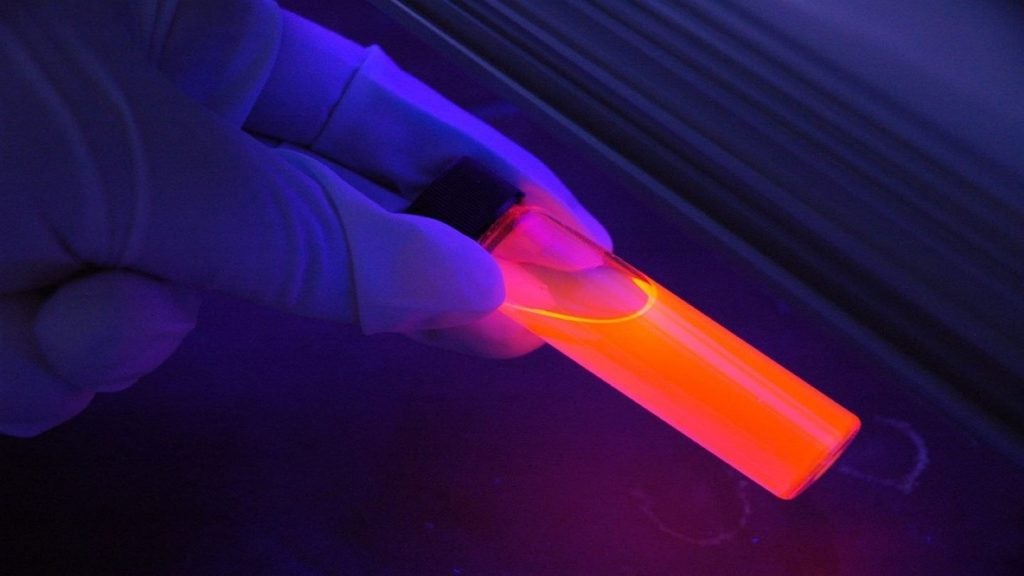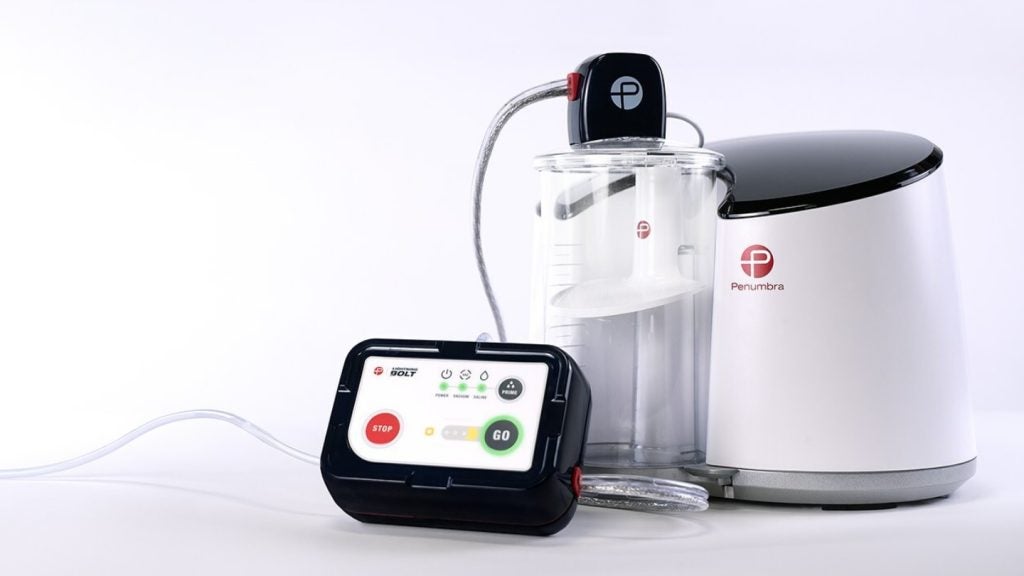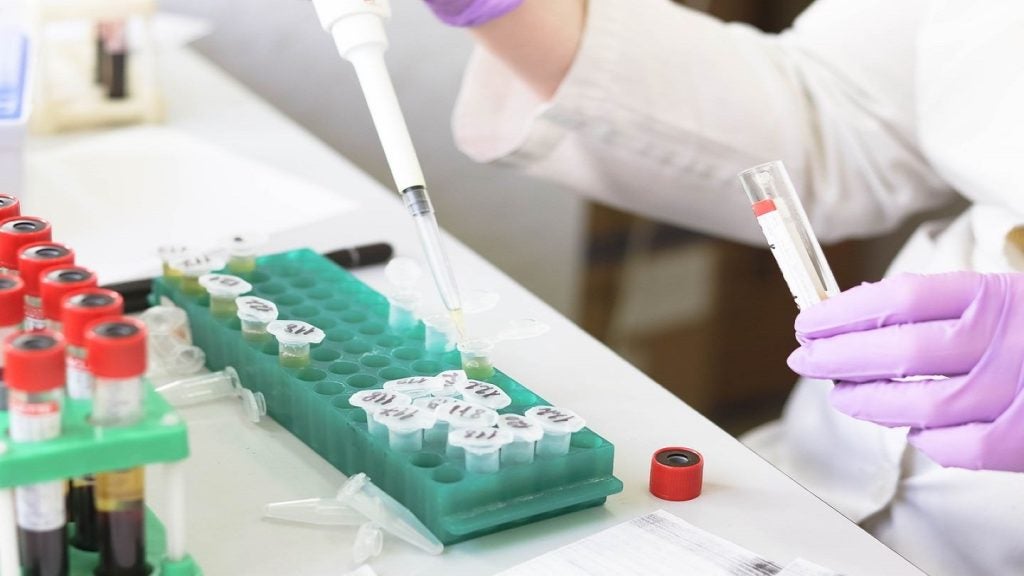Paris-based Gradient Denervation Technologies has performed the first procedure in its first-in-human clinical study for a pulmonary hypertension device.
The medical device company is the developer of intravascular, catheter-based technology to treat patients with thickened and narrowed pulmonary arteries. Though currently classed as a rare disease (affecting less than one in 2000 people in Europe), treatment options are limited and there is no cure as of yet.
Gradient’s technology, based on prior research and intellectual property developed at Stanford University, aims to reduce pulmonary vascular resistance, and improve cardiovascular hemodynamics by downregulating the sympathetic nervous system’s input into the pulmonary vascular tree.
The successfully completed first patient procedure was performed at the Helsicore Hospital in Tbilisi, Georgia.
“Gradient has made significant progress over the past few years over the past few years,” said Dr Alex Rothman, senior clinical research fellow at the University of Sheffield in the UK and co-performer of the procedure. “With no approved drug or device therapies for this group of pulmonary hypertension patients, the technology is poised to have a huge impact on patient care.”
Gradient CEO Martin Grasse said along with the study in Georgia, the company will target FDA approval and initiate an IDE Early Feasibility Study in the US later this year.
According to a market model by GlobalData, the pulmonary arterial hypertension drug market is expected to grow at a CAGR of 5.0%, reaching $7.5bn by 2029 across the US, France, Germany, Italy, Spain, UK, and Japan markets.
Gradient is part of Sofinnova MD Start’s portfolio, with the medtech accelerator having invested €3.5m in September 2020.


